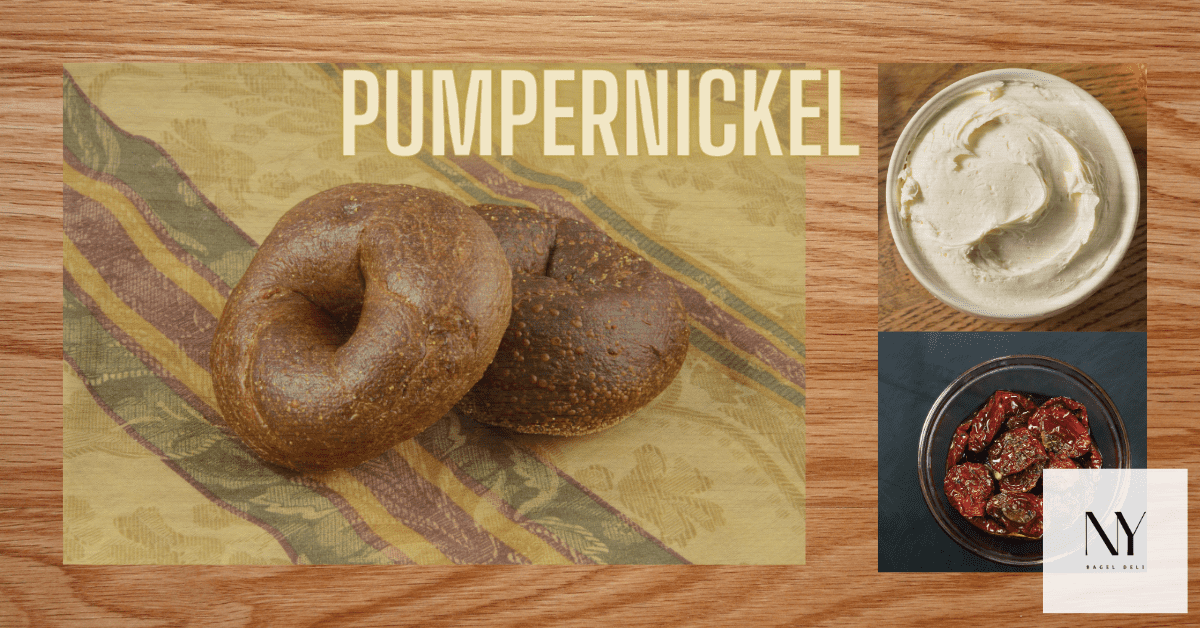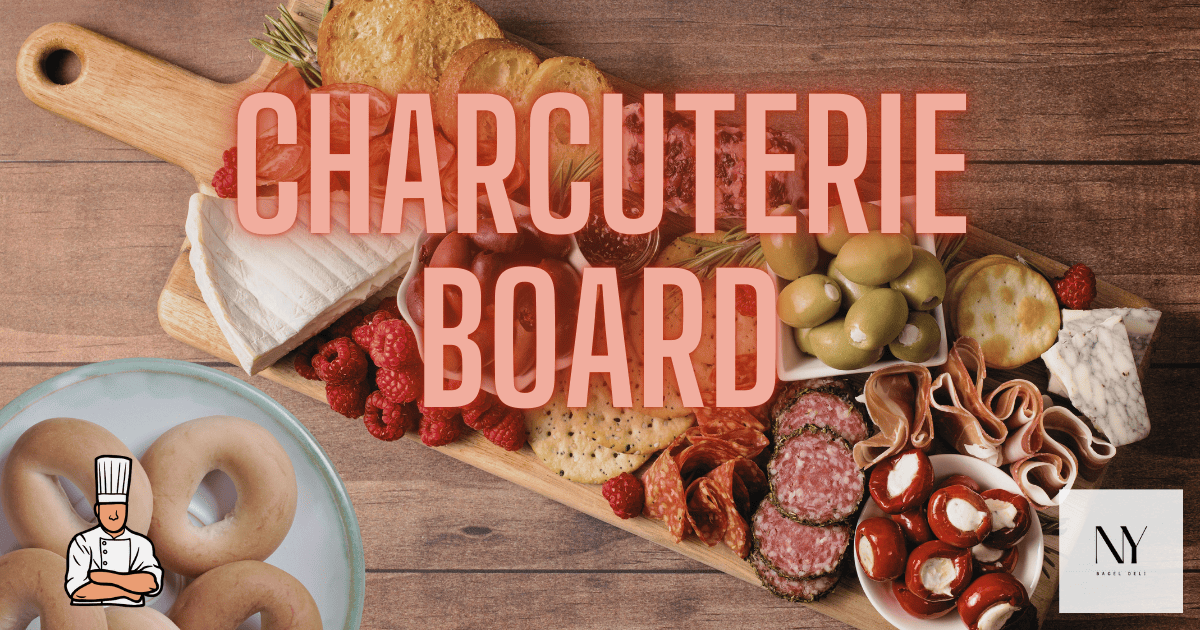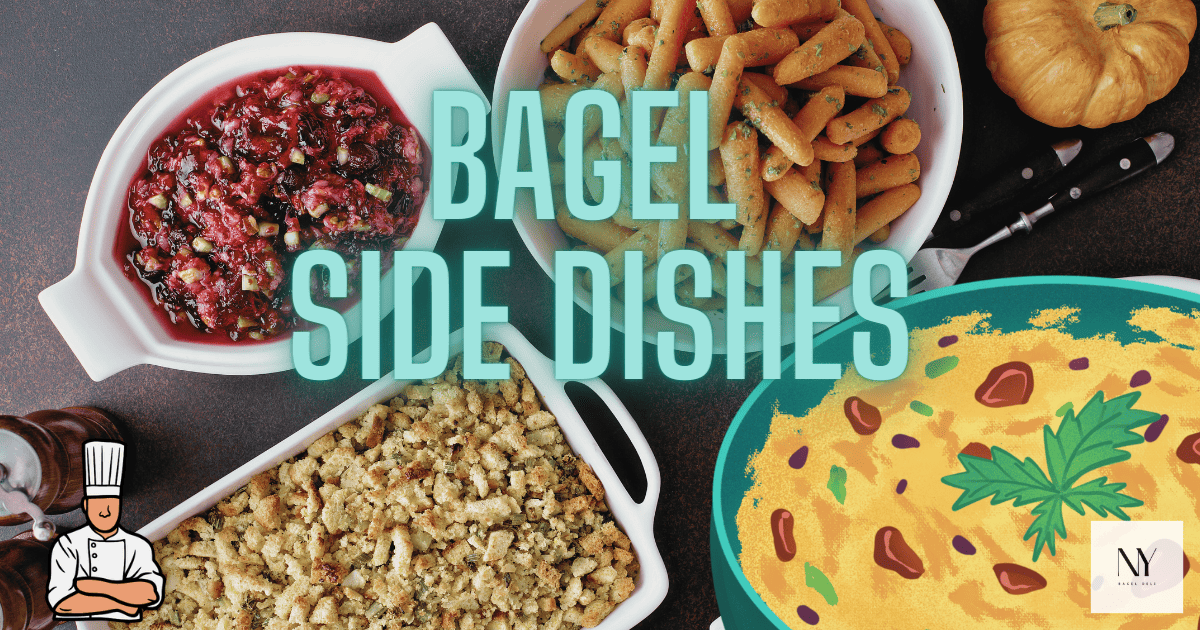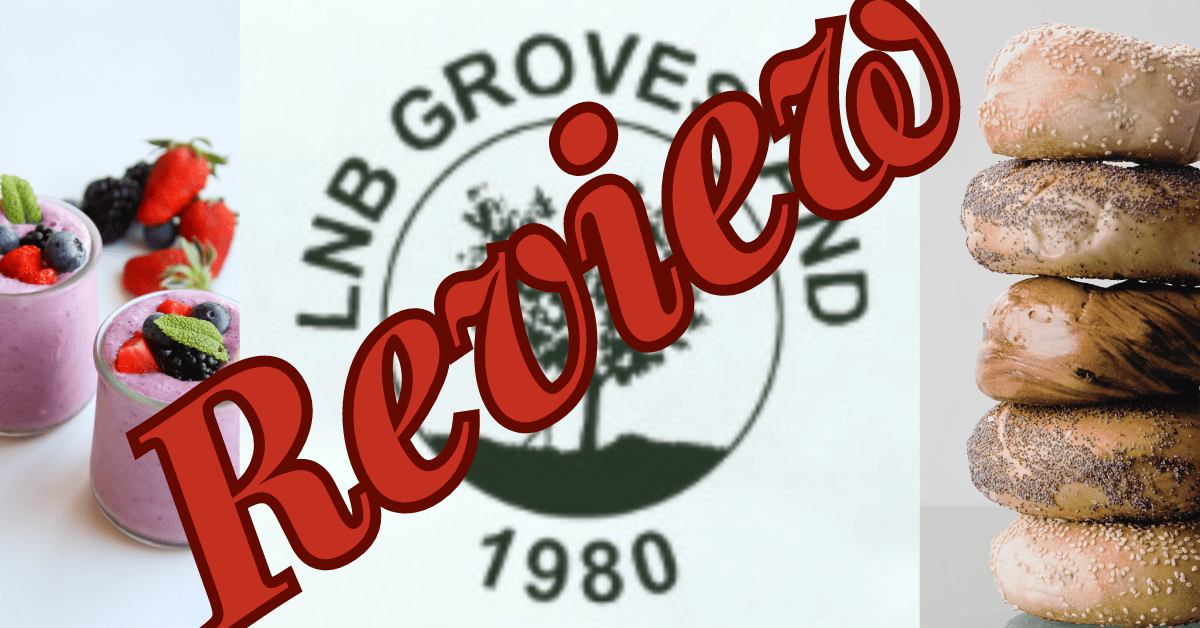Pumpernickel consists of a dark, almost ebony hue, a dense and chewy crumb, a distinctive aroma that teases your senses, and a rich, slightly sweet flavor that lingers on your taste buds.
This isn’t just any bagel – it’s the pumpernickel bagel, a tantalizing treat that defies the conventional norms of bagel-dom and offers a delightful gustatory adventure for those willing to explore its complex depths.
Table of contents
Origins of Pumpernickel
To truly appreciate the pumpernickel bagel, one must first delve into its storied past. The word “pumpernickel” can be traced back to German origins, where it was used to describe a dark, dense bread made from coarsely ground whole rye.
This ancient bread was renowned for its hearty, sustaining properties and was considered a staple among peasants and laborers alike.
Today, the pumpernickel bagel pays homage to this rich heritage by incorporating elements of its predecessor, such as the use of rye flour and a distinctive fermentation process, resulting in a bagel that is at once rooted in tradition and uniquely modern.
The Art and Science of Pumpernickel Bagel-Making
Creating the perfect pumpernickel bagel is no small feat. It requires a mastery of both art and science, as well as an intimate understanding of the delicate interplay between ingredients and technique. The process begins with a blend of rye and wheat flours, which lends the bagel its distinctively dark color and robust flavor profile.
Next comes the fermentation, during which a combination of sourdough starter and commercial yeast work in harmony to impart the bagel’s characteristic tang and chewy texture.
Finally, the addition of ingredients such as cocoa powder, molasses, or coffee not only deepens the color but also enhances the overall flavor complexity, culminating in a bagel that is truly one of a kind.
The Health Benefits of Pumpernickel Bagels
Beyond their enticing flavor and texture, pumpernickel bagels also offer a host of nutritional benefits that make them an appealing choice for health-conscious consumers.
Here’s a closer look at some of the key health perks associated with these delicious bagels:
Fiber Powerhouse
Pumpernickel bagels are high in dietary fiber, which promotes healthy digestion, helps maintain blood sugar levels, and may reduce the risk of heart disease.
Whole Grain Goodness
With their blend of rye and wheat flours, pumpernickel bagels deliver the benefits of whole grains, including essential nutrients like B vitamins, iron, and magnesium.
Antioxidant-Rich
The dark color of pumpernickel bagels is a sign of their antioxidant content, which can help protect cells from damage and support overall health.
Lower Glycemic Index
Compared to white flour bagels, pumpernickel bagels have a lower glycemic index, making them a better option for those looking to manage their blood sugar levels.
This culinary masterpiece is born from a harmonious fusion of rye and wheat flours, endowing the bagel with its signature deep hue and bold, full-bodied taste. The journey to perfection encompasses a fine-tuned process that seamlessly marries art and science, resulting in a bagel that stands out among its peers.
The Perfect Pumpernickel Bagel — A Symphony of Toppings and Flavors
The pumpernickel bagel’s robust flavor and hearty texture make it an ideal canvas for a wide array of toppings and flavor combinations. From traditional favorites to inventive culinary creations, the possibilities are endless:
Classic Cream Cheese
Keep it simple with a generous schmear of plain or flavored cream cheese, allowing the pumpernickel’s unique taste to take center stage.
Veggie Haven
Top your pumpernickel bagel with a medley of fresh, colorful vegetables like avocado, tomato, cucumber, and sprouts for a nutritious and satisfying meal.
Deli Delight
Pile on layers of smoked salmon, thinly sliced red onion, capers, and a dollop of cream cheese for a luxurious and indulgent treat.
Sweet and Savory
Combine the rich flavors of pumpernickel with sweet fruit preserves and tangy, creamy goat cheese for a delightful sweet-savory harmony.
Gourmet Fusion
Elevate your pumpernickel bagel experience by adding slices of prosciutto, sun-dried tomatoes, and arugula, drizzled with a balsamic glaze.
Earthy Elegance
Create an exquisite flavor profile by topping your pumpernickel bagel with sautéed mushrooms, caramelized onions, and melted Gruyère cheese.
The Joy of Homemade Pumpernickel Bagels
There’s something profoundly gratifying about crafting your own pumpernickel bagels from scratch. The process of combining ingredients, kneading the dough, and witnessing the transformation from a humble mixture to an exquisite, fragrant bagel is nothing short of mesmerizing.
Baking your own pumpernickel bagels not only allows you to control the quality of ingredients and the intensity of flavors, but it also opens the door to a world of creative expression and culinary discovery.
Embracing the Pumpernickel Bagel Revolution: A Journey Worth Taking
The pumpernickel bagel is more than just a tasty snack – it’s a celebration of culinary innovation, a testament to the power of tradition, and a delicious reminder that sometimes, the most unexpected combinations can yield the most extraordinary results.
Whether you’re a long-time bagel aficionado or a curious foodie seeking new taste sensations, it’s time to embark on the pumpernickel bagel journey. One bite is all it takes to understand why this dark and mysterious treat is winning hearts and palates everywhere.
Here’s a recipe for making pumpernickel bagels:
Ingredients:
- 1 1/2 cups warm water (110-115°F / 43-46°C)
- 2 tsp active dry yeast
- 2 tbsp molasses
- 1 1/2 cups rye flour
- 2 1/2 cups bread flour
- 1/4 cup unsweetened cocoa powder
- 1 tbsp caraway seeds (optional)
- 1 1/2 tsp salt
- 1 tbsp vegetable oil
- 1 egg white (for egg wash)
- 2 quarts water
- 1/4 cup honey (for boiling)
- Cornmeal for dusting
Instructions:
For detailed information, see our page on making bagels here. This is what you do…
- In a small bowl, combine the warm water, yeast, and molasses. Stir and let it sit for about 5 minutes until foamy.
- In a large mixing bowl or the bowl of a stand mixer, combine the rye flour, bread flour, cocoa powder, caraway seeds (if using), and salt.
- Pour the yeast mixture into the flour mixture. Mix until a dough forms. If using a stand mixer, use the dough hook attachment to knead the dough for about 10 minutes. If kneading by hand, turn the dough out onto a floured surface and knead for about 15 minutes, until the dough is smooth and elastic.
- Shape the dough into a ball and place it in a lightly greased bowl. Cover the bowl with a clean cloth or plastic wrap, and let the dough rise in a warm spot for 1-1.5 hours, or until it has doubled in size.
- Preheat your oven to 425°F (220°C) and line a baking sheet with parchment paper. Lightly dust the parchment paper with cornmeal.
- Once the dough has risen, divide it into 8 equal pieces. Shape each piece into a smooth ball, then use your thumb to create a hole in the center of each ball, stretching the hole to form a bagel shape.
- In a large pot, bring 2 quarts of water and 1/4 cup of honey to a boil. Carefully lower 2-3 bagels at a time into the boiling water, cooking for 1 minute on each side. Use a slotted spoon to remove the bagels from the water and place them on the prepared baking sheet.
- In a small bowl, whisk together the egg white and a tablespoon of water to make the egg wash. Brush the boiled bagels with the egg wash.
- Bake the bagels for 20-25 minutes, or until they are firm to the touch and baked through. Allow the bagels to cool on a wire rack before serving.
Enjoy your homemade pumpernickel bagels!




